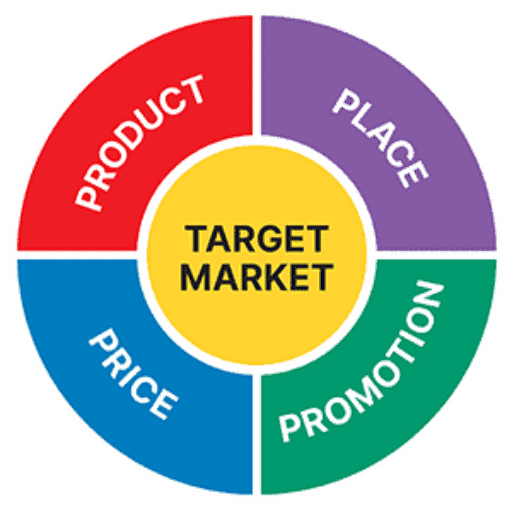Edible Emotional Support
When traveling over the holidays my wife and I were surprised (and, frankly, irritated) by the number of animals traveling in the passenger cabin of…

When traveling over the holidays my wife and I were surprised (and, frankly, irritated) by the number of animals traveling in the passenger cabin of…

Jet Blue and United Airlines recently raised their checked baggage fees from $25 to $30 for the first bag checked (see this article to read…